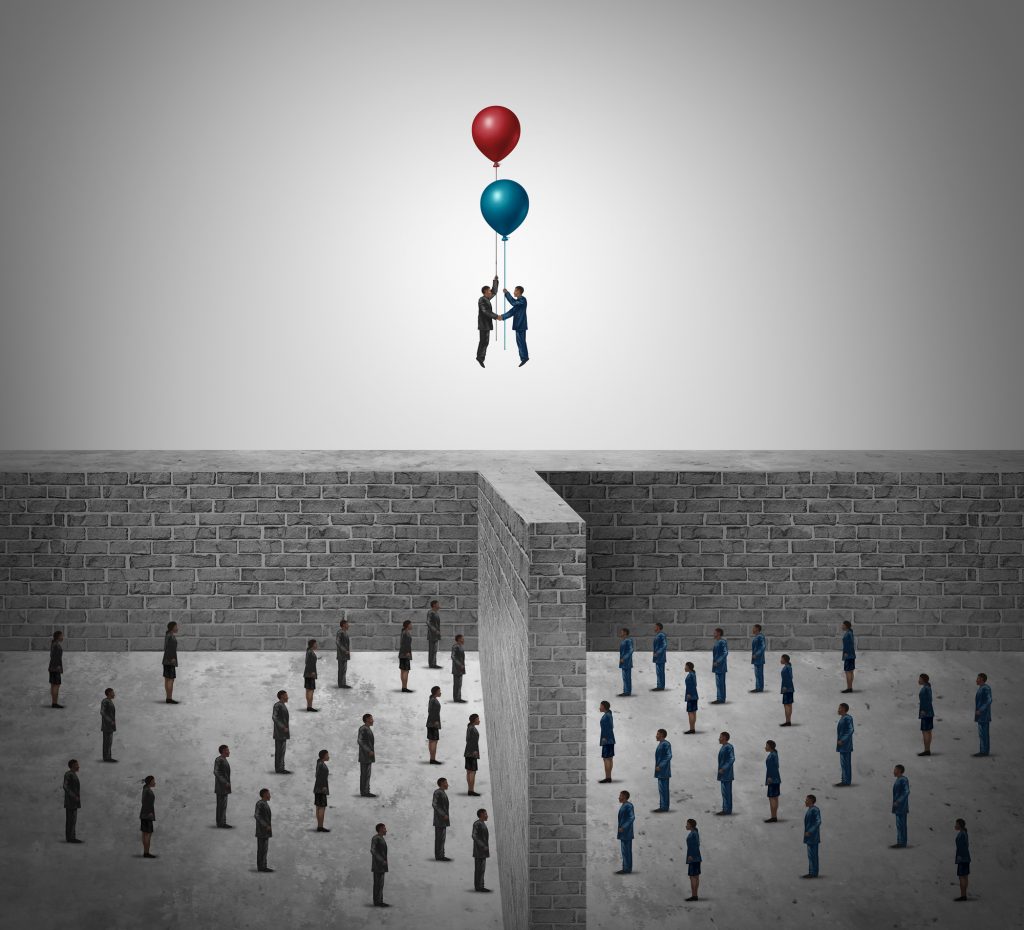 Fights on the floor of the state legislatures. Elections focused less on the issues plaguing our towns and more on dirty politics. A must-watch reality show in Washington D.C. around whom is the biggest liar. These are not scenes from the latest good vs. evil epic Wonder Woman. All of this happened in the last two weeks in our modern political society. Whether you are on the left or right, this is a bitter pill to swallow. There is a shared sense of frustration about what is happening, but more importantly, what is not happening, in our political discourse – not just at the national level, but also in our city halls and state Capitols.
Fights on the floor of the state legislatures. Elections focused less on the issues plaguing our towns and more on dirty politics. A must-watch reality show in Washington D.C. around whom is the biggest liar. These are not scenes from the latest good vs. evil epic Wonder Woman. All of this happened in the last two weeks in our modern political society. Whether you are on the left or right, this is a bitter pill to swallow. There is a shared sense of frustration about what is happening, but more importantly, what is not happening, in our political discourse – not just at the national level, but also in our city halls and state Capitols.
So, what is our path forward? What can we learn from past leaders about how to navigate successfully through change and conflict? I have spent this spring not only analyzing this discourse, but also really thinking about these questions and re-reading my undergraduate books on political philosophy. Through study and reflection, I have formed a few ideas for collective discussion.
Stop the Blame Game – Dr. Phil is famous for saying, “Would you rather be right or would you rather be happy?” I think we should reframe this for our policymakers and co-workers, asking, “Would you rather be right or make progress?” It is easy to get caught in the blame game trap. Blame takes everyone involved in a negative direction and wastes energy. It is a collective race to the bottom, and is one of the primary reasons why we are at a deadlock in many of our important political discussions. We must rise above our personal viewpoints and walk in the shoes of others. Early in my career, my mentor, Roy Orr, taught me “you should never burn a bridge you might need to cross again.” Taking sides and making enemies never solves the problem; it only hurts your ability to build widespread support for your ideas.
Focus on the Marathon, Not the Sprint – We have so many issues to solve, it is tempting to focus on getting the quick win. The folly with this philosophy is that it ignores a fundamental truth – there is an inverse relationship between cost, speed and quality in any project. Many of our toughest problems are complicated. If you want to solve them quickly, you often sacrifice quality. Or, in the case of politics, you leave people out of the conversation, and it leads to discord. Similarly, as we discussed in a recent popular Social TrendSpotter post, if you jump on a solution without truly understanding the problem, you often end up with unintended consequences that may be worse than the original problem. To win at the marathon, it is important to use tools, such as social alchemy, and experiment with innovative options while focusing on continuous improvement. The process may take longer, but you will go farther in the long run.
Choose Hope over Fear – The pace of progress can be disheartening. Yet, progress has been made in the past and will continue to be made – not through fear, but through the collective hope we all have for a better tomorrow. How do I know this? Because we have done it before and can do it again. But, to do it again, we as leaders have to do a better job at managing the perception of our causes. It is easy to share negative statistics and stories or tear down someone else’s good work, but it takes real commitment to elevate the bright spots that are happening every day and give credit to others for their hard work. Our greatest presidents did this. Lincoln was famous for the inclusion of outside viewpoints in his decisions. Franklin D. Roosevelt used fireside chats to help Americans make sense of the changing times and focus attention on a shared vision. To win, especially in the face of challenges, we have to be on the same team and create “hearts and minds” campaigns that unite us around a common sense of destiny.
Our greatest challenge right now is bringing people back together toward a shared sense of purpose. We need to remember who we are and what we have accomplished. We need to fight for what binds us together and against people and organizations that seek to divide us. And, we need to work each and every day not just to be great, but act great. We welcome your feedback and ideas of what can help change the tide in our political discourse and what is needed to amplify this important discussion.
